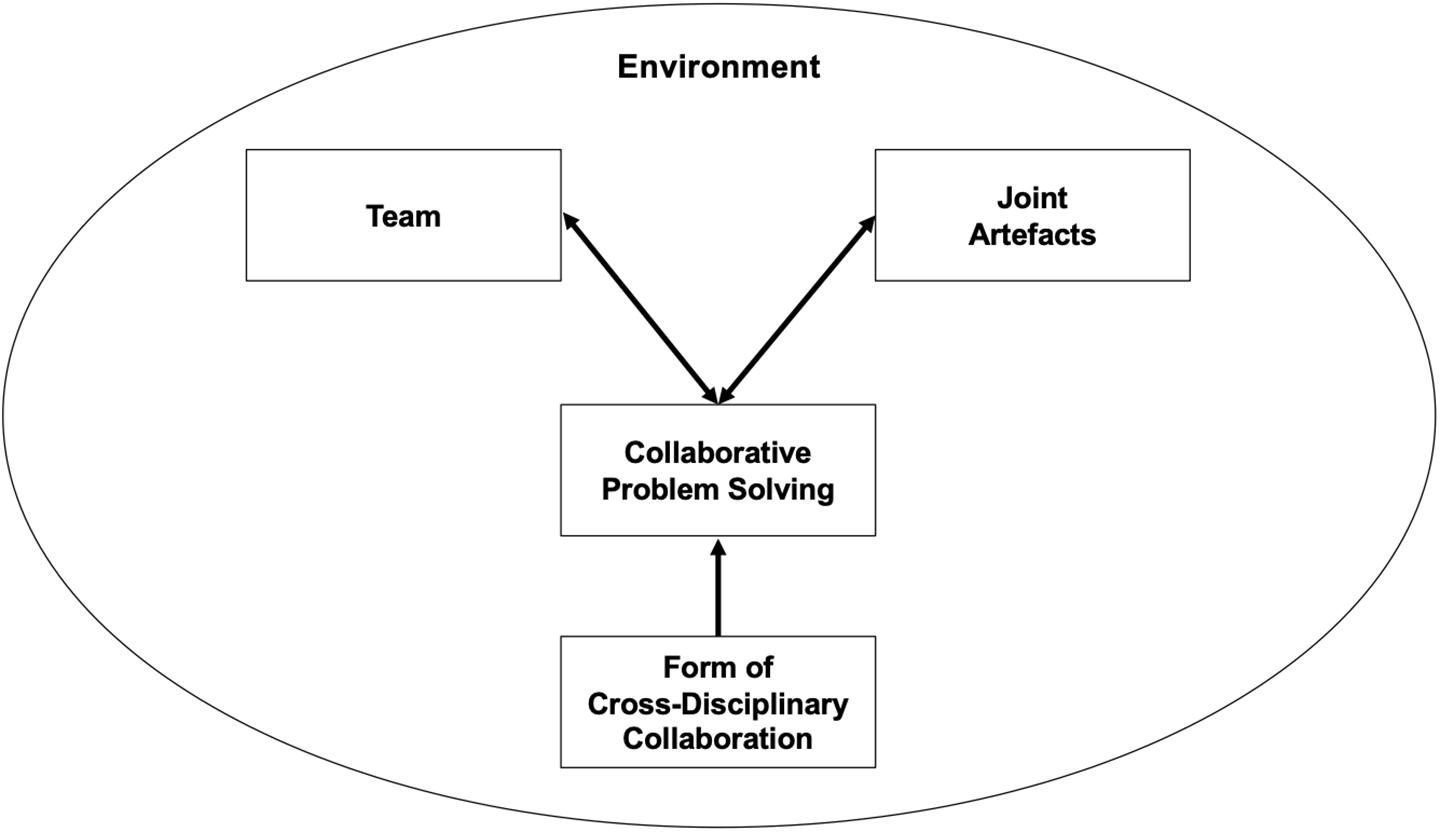 A Differentiated curriculum provides students with different avenues to learning so they have access to a variety of processes to acquire knowledge of the content being taught. If children do not have the curriculum differentiated to meet their academic needs, they are likely to find difficulty in understanding or completing classwork and homework. However there is a flip side to the differentiation question. If a student requires academic challenges to meet their needs, it is essential they be given every opportunity to reach their potential.
A Differentiated curriculum provides students with different avenues to learning so they have access to a variety of processes to acquire knowledge of the content being taught. If children do not have the curriculum differentiated to meet their academic needs, they are likely to find difficulty in understanding or completing classwork and homework. However there is a flip side to the differentiation question. If a student requires academic challenges to meet their needs, it is essential they be given every opportunity to reach their potential.
Thus if a year five student is gifted and talented, the curriculum outcomes and activities are planned at a more challenging level than the average outcome for a year five student. Conversely, if a student demonstrates difficulties in their learning, outcomes and activities should be created to provide the student with success in their learning and an opportunity to fill some gaps they may have missed in previous years.
Examples of differentiating the curriculum are the Spelling and Reading groups that evolve in the junior years of school. These are determined by the abilities of each student in the class. Your child’s ability to handle a certain level of competency in these subjects, therefore determines their ability group level. This can also be the case with writing. For instance, a writing outcome for a Year Three group might be:
Writes complex sentences which are creative and demonstrate a solid understanding for the use of correct punctuation.
A higher achieving student may be expected to:
Write well structured complex sentences that use sophisticated vocabulary and a variety of punctuation.
Whereas a child who has difficulties with understanding the structure of writing may have a differentiated outcome that states:
Writes simple sentences with a capital letter at the beginning and a full stop at the end
The creation of a differentiated curriculum requires some pre-planning. It is important to find out what the students already know and their level of skill attainment. These types of pre-tests can provide valuable information about individual differences in ability within the class. The curriculum can then be adjusted accordingly where future lessons can be planned to accommodate higher order tasks for more able students and additional support for those who are struggling. For instance, during a reading lesson in Year Four more able groups can be given independent tasks such as comprehension or a written response activity while less able students work with the class teacher on strategies to read difficult words and to develop comprehension through explicit instruction from their teacher.
For the student who is struggling with a concept, the outcome must be adjusted so he/she can achieve at their level of ability. If understandings are evident, they will be ready to move to the next level with confidence. Imagine if you were expected to answer a Mathematics test on addition with trading when you have no idea how to trade. It would be much fairer for a student to have a test with questions they can achieve rather than a paper that show 0/10 as the grade.
Below is a very simple idea of the above notion using the Mathematics concept of addition.
(Can calculate vertical addition algorithms)
22 + 5 = 33 + 6 = 28 + 7 = 34 + 5
(Vertical addition without trading)
56 + 47 + 39 + 43 + 65 +
21 32 12 21 40
(Vertical addition with trading)
58 + 39 + 43 + 75 + 84 +
37 15 29 46 69
Differentiation does take time and effort and it is a craft that teachers are very competent at utilising in the general classroom. However it is often unrealistic to expect every lesson to be differentiated to the extent demonstrated above. Sometimes it may be a simple matter of the quantity of work to be achieved or the time expended on presenting a short talk to the class.
Teachers are professionals whose experience and knowledge of your child’s needs are met through the differentiation strategy. At times it may be necessary for your child to seek further assistance outside the school. This is always a matter for discussion with your child’s teacher in order to understand the specific areas your child can benefit in from such support.
Resume Language Education

